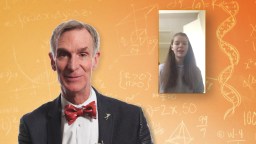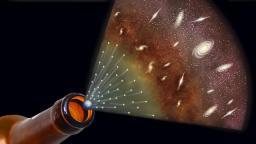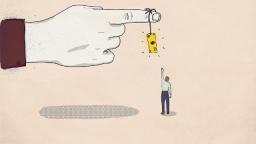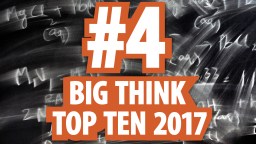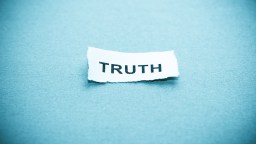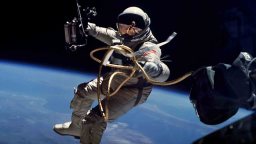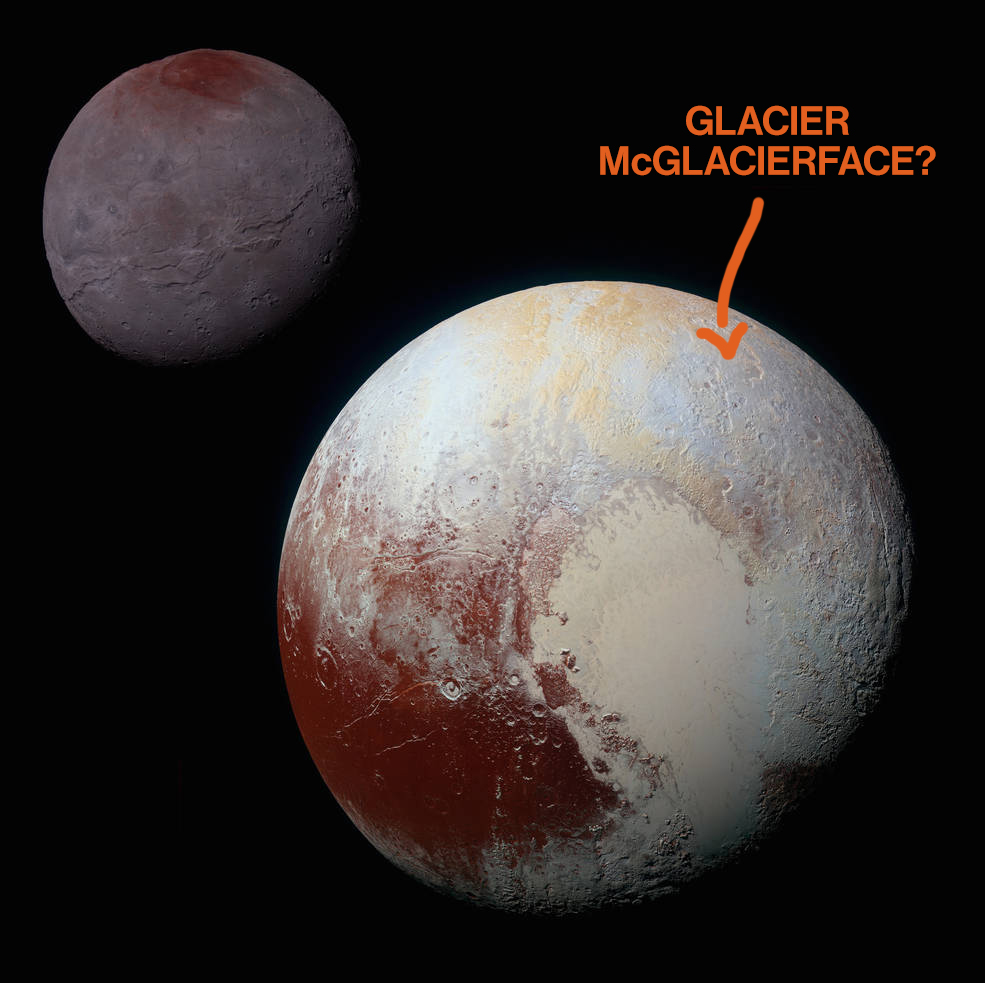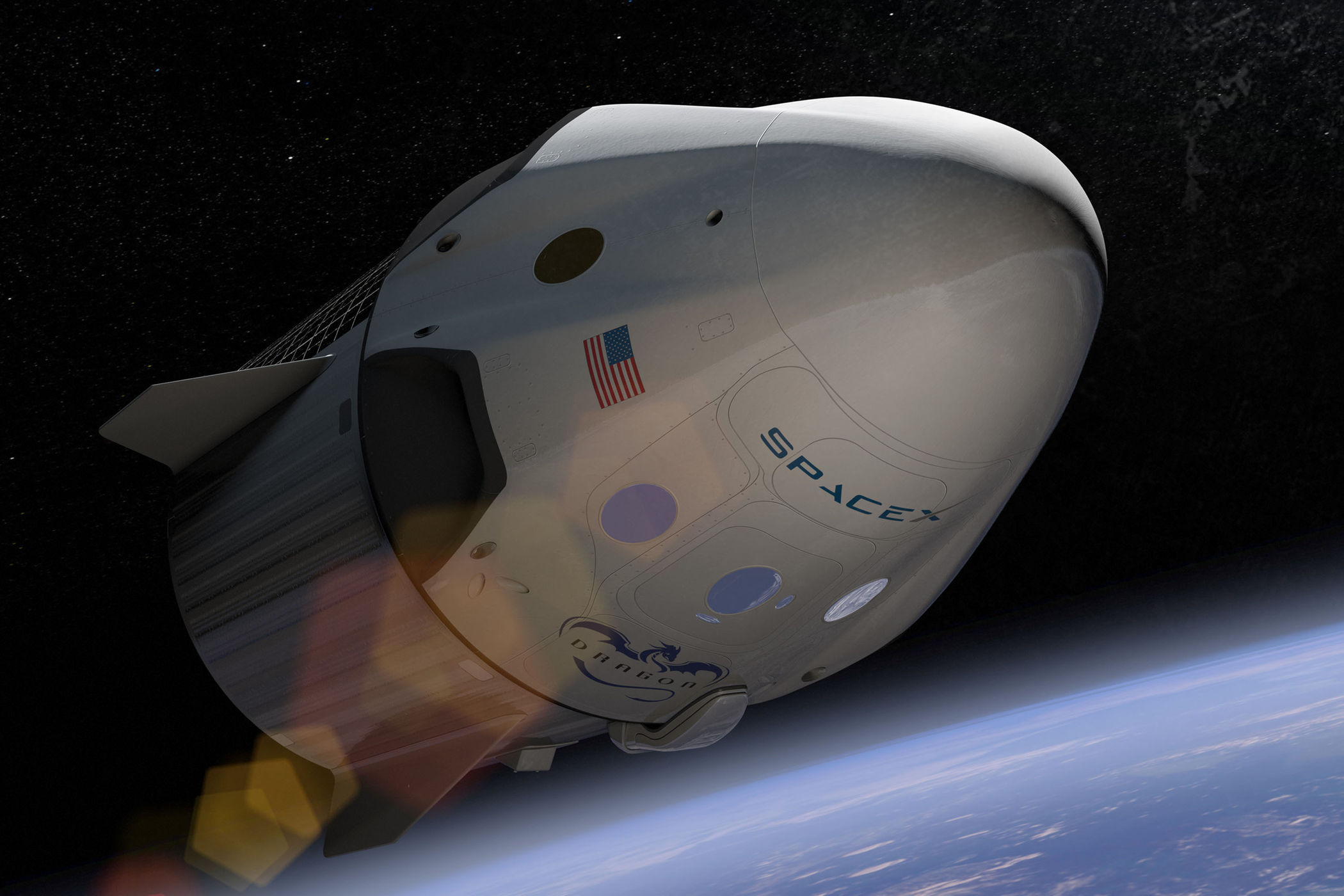Hard Science
All Stories
Methane gases from livestock production is contributing to the acceleration of global warming. Is a plant-based diet a smart way for individuals to curb the effects of climate change?
▸
3 min
—
with
A 17-year-old British schoolboy spots an error in the data from International Space Station’s radiation sensors.
US scientists fearing for Earth’s climate future begin testing solar geoengineering. The consequences may be terrifying — which is exactly why we need these small-scale experiments.
For once, beer is going to clarify your understanding. Theoretical physicist Lawrence Krauss lays down the empirical evidence for the mechanics of the Big Bang.
▸
4 min
—
with
Stephen Hawking has accepted an offer to go to space. He’s one of the world’s most famous scientists, who’s been paralyzed due to ALS for much of his life.
For our future’s sake, let’s demand government funding for ‘little science’, says Hertz fellow Avideh Zakhor.
▸
3 min
—
with
Scientists discover unusual galaxies that raise questions about Einstein’s theory of gravity and the existence of dark matter.
Astrophysicist Neil deGrasse Tyson explains the nature of time and the conundrums of time travel in a recent interview.
Knowing the details of genetic variance may help improve personalized medicine.
1.5 million children die each year from preventable diseases arising from poor sanitation systems. That’s why some of the world’s top scientists are working to make a 21st-century toilet without links to water, energy, or sewer lines, and which costs users under $0.05 a day.
▸
3 min
—
with
Evolution exists and exerts itself in a different way than gravity does… because natural selection is an “algorithmic force.”
So you think you’re “not a math person”? International Mathematical Olympiad coach Po-Shen Loh strongly disagrees.
▸
4 min
—
with
Bill Nye, CEO of The Planetary Society, offers an important 5-point plan for President Trump on space exploration and NASA’s budget.
The European Geosciences Union predicts that over 70% of glacier volume in the Everest region could be lost by 2100. One man has engineered a solution so that life in these regions can go on.
Harvard scientists propose how mysterious Fast Radio Bursts from outer space could actually be powering the spacecrafts of an advanced alien civilization.
Ding-ding! Here’s round two of the viral Bill Nye vs. Tucker Carlson Fox News debate. The Science Guy replies, without interruptions, and makes Tucker Carlson an offer.
▸
4 min
—
with
Are we alone in the universe? NASA’s exploration of TRAPPIST-1 has the potential to answer one of humanity’s deepest questions.
▸
3 min
—
with
A new study tries to figure out who finds dark humor funny.
Natural “narrative selection” was key to turning insignificant apes (who had tools for 2 million years) into the species that now dominates the bio-sphere.
How can we stop extinction? One solution scientists have been developing for decades is de-extinction — the process of resurrecting extinct species through genetic engineering.
As its CEO, Bill Nye lays out the missions The Planetary Society would like to see NASA focus on over the next 20 years. NASA by nature goes where the future is, and Nye can’t help but think of another industry that should follow suit.
▸
5 min
—
with
Disney does more than make cute movies. Researchers from its innovation branch want to turn your living room into a magnetic field.
Glacier McGlacierface? Not likely. NASA has set some classy themes that will guide the naming of geographical features of Pluto and its moons.
Elon Musk announces that SpaceX will fly two private citizens on a mission around the moon in 2018.
What happens up there directly affects life down here. From star-gazing to quantum mechanics, astronomy is one of humanity’s great thruster engines of innovation.
▸
5 min
—
with
A “forbidden research” conference at MIT tackles areas of science constrained by ethical, cultural and institutional restrictions.
Loop quantum gravity gets the ancient atomist back into the loop, showing how black holes might explode, and that the Big Bang might be a Big Bounce.
There are many scientific explanations for ghost sightings. This is the first ever to involve CERN.
Scientists release observation data from 1,600 stars in hopes the public can help find planets that orbit stars outside our solar system.
TRAPPIST-1 is 40 light years from Earth. It would take us millions of years to get there.
